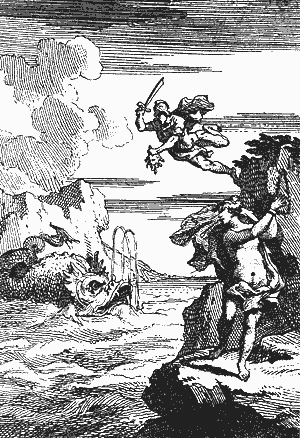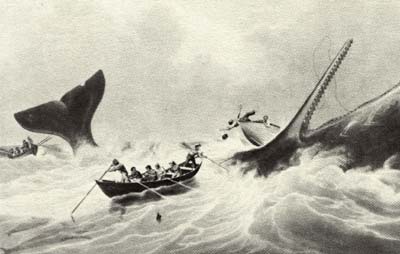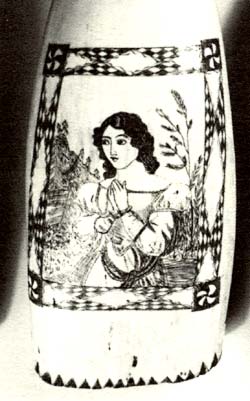Chapter 50
Never kneel.
Safety of captain, a difficult goal.
Five extra men, so a discursus
on racial Asia.
Cutting the groove isn’t
the heart of the matter,
isn’t the heart.
No one wants it published.
Hints aren’t sure things, so
play to that doubt. Go fish.
Can
phantoms sustain excitement?
Conditions aboard. Dab of cool.
The piece to brace
his knee against.
*
Chapter 51
Watery location, the racks, waves, scrolls
of silver, suffused seethings, glittering god.
Dense accentuation giving onto trochees:
You will harken sightings here.
Limb sound whenever, wherever
the lifting tendency follows
sailors’ falling: one, two,
die or do.
Howling around us.
Strange forms recede from all that space
vacating itself,
the perfidious nature
of beckoning
as if Something is there
inscrutable as a conscience.
The anguish of fatalists loosened
some time before—glad humanity
swung
in response or accustomed hole.
*
Chapter 52
Nineteenth century matter:
Twoness.
This spectral rust wins time. A will
made of air—wild men on mastheads
worn by four years’ term.
Words go unspoken though we near;
arrival passes into departure
what news we/they bring.
Will each of us pass into
wild future seas,
trumpet to mouth
(our wakes cross).
The mention of the Whale
had been a hole to crawl
into
out from.
Our insane steersman
behind secure bonds.
Here, make pauses
strange
:they either lead us
before all human torment
or chase.
*
Chapter 53
Men display balance
to other men
in this trade.
Aldermen must leave effeminacy
by hitting a reciprocal wedge
(written here: gamming)
Save their own little peculiar
nuances, again
it would never do.
Villainous brother, slaver there,
profession with no solid basis,
you might wear the columns
of dictionaries down.
She has an aspect of honest elements.
By what measure
turned to courtesy, that essential
language, gestures by a sort
of sea-peasant or national.
He would have boarded her.
*
Chapter 54
The unquestionable source is the one
that will bring truth to bear,
and a companion canoe, yoked
under your sense of justice,
clicked in the lock.
Plot will move forward
seen through that veil:
the eye of Moby-Dick
in the laborious Between,
vigilance over dangerous allies.
Out-fox an animal or ambition
kept below.
The helm would come round,
a fool saved
by tick, by pump, by hiss,
and plan.
No sign of mutiny, breaking
miscreants, iterated hint that can
absorb lore, Great Lakes toughs
told in such sentences
told to such interlocutors from Spain
Isabella’s Inquisition
***
‘Once a laugh
is temperate ... ’
Both Erie canallers, broken
like breadth and heart
much perceived
alluding to
familiar tropes
forbearance, other devices
& virtues drive
the line forward.
Not connected with his comrades,
a cricket will meddle
washing lively men in bitterness
and dislike.
Chance,
gamesome in your lasting record,
easy at intervals
speaking unknown as property
that secret part
himself.
*
|



